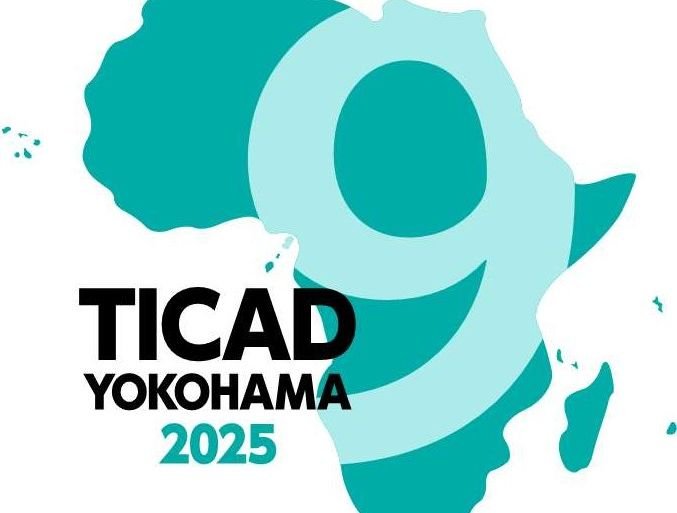The Japanese city of Yokohama is hosting the Tokyo International Conference on African Development (TICAD) from August 20 to 22, in an effort to revive the momentum lost since the eighth summit held in Tunisia in 2022, which was heavily impacted by the COVID-19 pandemic.
This year’s summit marks a return after a three-year hiatus, as part of the alternating system established in 2016 between African and Japanese hosts.
The summit returns to Yokohama, the coastal city that, in 2019, witnessed ambitious pledges from former Prime Minister Shinzo Abe, including boosting the role of the private sector in Africa and cooperating with African nations to reform the United Nations Security Council.
Although the Tunisia summit was seen as an opportunity to reset relations, the pandemic shifted priorities, placing emphasis on health and food security.
However, the absence of then-Prime Minister Fumio Kishida due to COVID-19 infection, along with the absence of several African leaders, weakened the summit’s impact and led to a cooling in relations, according to analysts in Tokyo.
Nevertheless, Japan has not backed away from its commitments to Africa. Kishida announced a $30 billion investment plan through 2025, focusing on human capital development, education, and healthcare—contrasting with China’s model that emphasizes large-scale infrastructure projects.
Japan is working to position itself not as a traditional donor, but as a developmental partner, adopting a policy based on adherence to international financing standards, good governance, and democratic values.
Researchers point out that Japan understands it cannot compete with China in Africa using the same tools, and instead presents itself as a trustworthy and cooperative alternative.
Amid volatility in global commodity markets, African resources remain vital for Japan, which has faced criticism for concentrating its aid on resource-rich countries.
Tokyo is also aiming to enhance its diplomatic presence—especially after only 28 out of 54 African countries voted in favor of the UN resolution condemning Russia’s invasion of Ukraine in 2022.
To avoid similar ambiguity regarding potential future crises like Taiwan or the South China Sea, Japan wants to be perceived not as a donor nation, but as a true partner in Africa’s development.
On the security front, Japan launched a maritime assistance framework in the Indian Ocean in 2023, including the provision of military equipment, with a pilot project in Djibouti to secure the Gulf of Aden.
Economically, Japan is working to help African countries avoid debt defaults and strengthen their financial independence, in addition to programs supporting innovation and energy transition.
Amid a shrinking domestic population, Japan is promoting vocational training programs in Africa and encouraging African students to enroll in its universities.
The “TICAD 9” summit is expected to draw a large turnout of African leaders—potentially exceeding the 43 heads of state who attended the 2019 summit. The Japanese government has chosen the slogan “Tomoni Africa” (“Together with Africa”), reflecting a spirit of friendship and cooperation.
Tokyo aims to offer a new model of cooperation under the banner of “co-innovation,” and is relying on strong African participation in “Expo 2025” in Osaka, where the Japan International Cooperation Agency (JICA) has been tasked with supporting the development of African pavilions.

